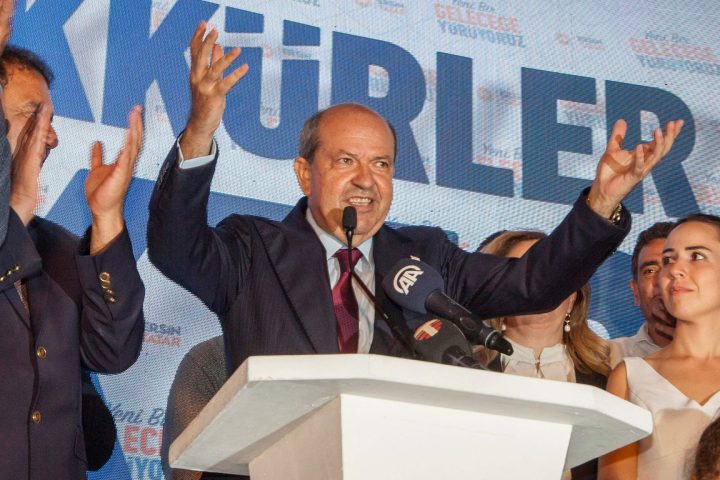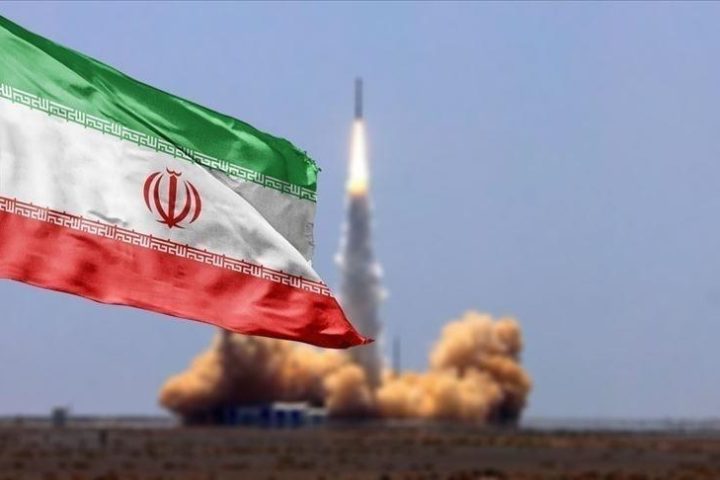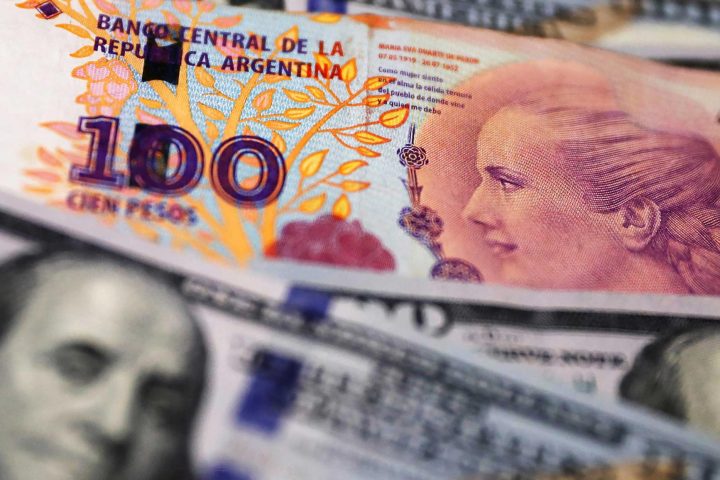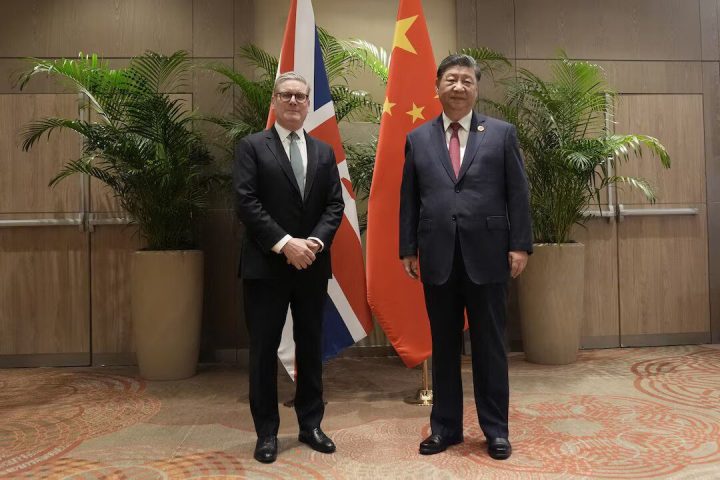Donald Trump called 100% tariffs on imports from China “unsustainable,” but blamed Beijing for stalling talks over control of rare earths.
Trump admits 100% tariffs on China “not sustainable”
US President Donald Trump said his proposed 100% tariff on imports from China “is not sustainable,” but blamed Beijing for stalling trade talks.
According to Trump, it was China that caused the new tension by tightening controls on the export of rare earth metals, which are critical for technological production.
Tariffs in response to China’s rare earth policy
Last week, the White House announced additional 100% tariffs on all Chinese goods heading to the United States, as well as new export restrictions on “any critical software” starting November 1.
Trump said it was in response to Beijing’s move to expand its list of controlled rare earths. China dominates the global market for these resources, which has raised concerns in Washington.
Soft tone ahead of Xi Jinping meeting
Despite the aggressive trade rhetoric, Trump confirmed that he would meet with Chinese President Xi Jinping in South Korea in two weeks.
“We have to have a fair deal. I think everything will be fine with China,” he said on Mornings with Maria.
Later, before lunch with Volodymyr Zelensky at the White House, Trump added: “China wants to talk, and we are ready to talk.”
The change in tone helped stabilize the market: major U.S. stock indexes, which had been falling on tariffs and banking concerns, resumed their gains by the end of the day.
Washington and Beijing seek to ease tensions
US Treasury Secretary Scott Bessant said talks are ongoing and he plans to speak with Chinese Vice Premier He Lifeng on Friday.
“We hope that China will show the same respect that we have shown. With the personal relationship between Trump and Xi, we can get things back on track,” Bessant said.
WTO warns of risks of global disconnect
WTO Director-General Ngozi Okonjo-Iweala has urged both sides to de-escalate, warning that a complete decoupling of the US and Chinese economies could reduce global GDP by 7% in the long term.
She confirmed that the WTO is in direct talks with both countries, trying to restore constructive dialogue.
Accusations and mutual claims
Despite diplomatic statements, tensions are not easing. In his speech to the IMF, Bessent criticized China’s “state-centric economy” and called on the IMF and World Bank to take a tougher stance on Beijing’s overcapacity.
In response, China’s Ministry of Commerce accused the United States of undermining the multilateral trading system and vowed to step up its WTO claims.












